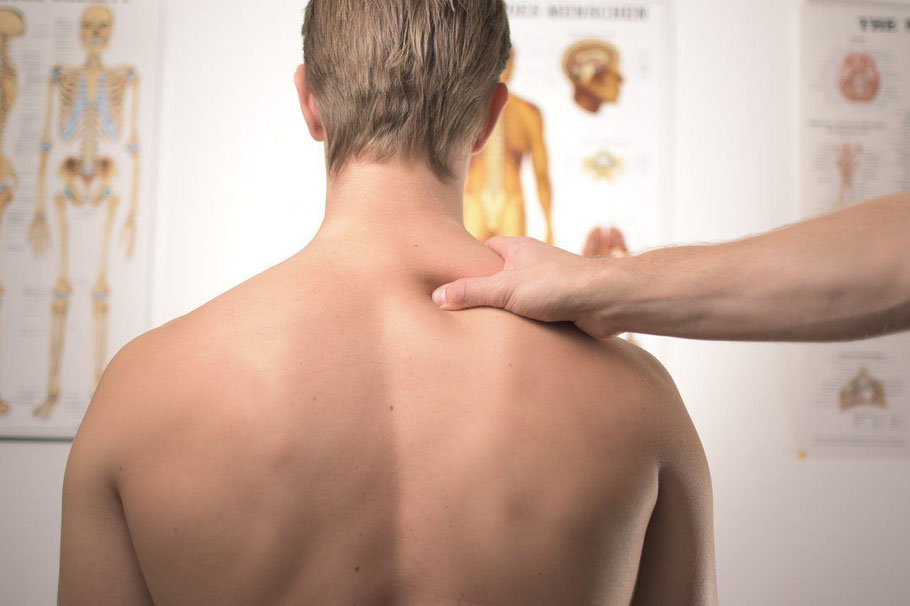Tinnitus & Head/Neck InJuries

When a patient suffers trauma to the head and neck there can be both direct injury at the time and later damage caused by maladaptation during the recovery period. For example, a whiplash injury from a road traffic accident (RTA) can cause deep muscle damage, nerve damage and vascular damage.
These types of post traumatic injuries can cause what is known as somatosensory tinnitus. This is noise originating from the body as well as the more common neurological tinnitus. Changes in blood flow, unusual muscle tension and noise trauma can all contribute to the presentation of tinnitus. It is recognised in the literature that tinnitus caused through a traumatic event is often more distressing and impactful than other types and often requires a lot more support.
Changes in how a patient holds their posture, head and jaw can increase problems even after the initial incident. Quite often the involvement of a Physiotherapist is required to help the patient re-learn good posture and to release excess muscular tension. Dental support might also me necessary to help to release tension in and re-align the jaw.
Acoustic Shock
Sometimes following the sort of acoustic shock that can be experienced in an RTA patients hearing thresholds can be affected. They can also develop a type of sound sensitivity known as Hyperacusis. This is a where the hearing system has become over-activated and even quite quiet sounds can feel intolerable. Our tinnitus experts understand this symptom well and can work with their patients to develop a program of desensitisation using sound enrichment through carefully programmed ‘combination’ hearing aids that can apply a low-level therapy sound to the auditory system, helping to increase noise tolerance over time.
Sudden Hearing Loss
More serious incidents such as a fall can cause a sudden hearing loss in one or both ears. The inner ear sits in the hardest bone in the body. This is the Petrous (stone-like) portion of the mastoid bone. In certain cases this bone which in turn is part of the temporal bone can be split by a severe enough blow to the head. This can result in either a partial or total loss of hearing. As tinnitus is generated at sites all along the auditory pathway right the way up to the brain even though the inner ear is no longer working tinnitus can still be heard. In fact it can be more distressing as there is no way of delivering therapeutic sound into the ‘dead’ ear although sounds delivered to the good ear can have a positive effect.
Tinnitus Centre experts can offer effective solutions even in this situation. CROS/BICROS hearing aids can use a slave microphone and transmitter on the non-functioning side and direct sounds wirelessly to the functioning ear. As the neural ‘wiring’ of the hearing system crosses over at several points on its journey to the hearing centres in the brain both environmental sounds and therapeutic sounds can still be effectively delivered even when one ear is not working.
Seek Help Early
The literature shows us that tinnitus caused from a traumatic injury tends to be more troublesome than other types of tinnitus. Sadly patients often delay accessing effective care in the hope that it will just ‘go away’. Early intervention can significantly help in reducing the symptoms of tinnitus and other co-morbidities such as insomnia, anxiety and depression. Should you or a loved one be unfortunate enough to suffer traumatic tinnitus please consider seeing one of our nearby Tinnitus Centre experts for early and effective treatment.
